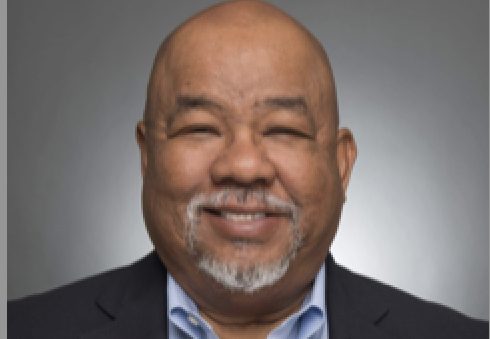
Bringing to light the powerful stories from an often-overlooked chapter of American history, the film “Black Uniform” features the voices of 12 African American veterans, men and women alike, who share their earnest experiences of standing on the proverbial front lines of the United States military.
Amongst these Black military veterans, who served from WW II to the present day, include surviving members of the 6888, the only Black female battalion sent overseas during WW II, and the Tuskegee Airmen, the first African American fighter and bomber pilots in the United States, who served as members of the U.S. Army Air Forces in World War II.
“Black Uniform” sheds light on the experiences of soldiers who bravely risked their lives serving their country overseas, even amid the systemic racial discrimination they experienced at home.
Despite the institutionalized racism that Black veterans experienced, including segregation, limited combat roles, inferior training facilities, racist treatment from white officers, and unequal access to medical care and supplies, many continued to dedicate their lives to contributing to the good of others through ongoing military service.
Director Robert Darwell speaks on the ongoing discrimination Black soldiers faced while serving their country.
Related Stories:
“Discrimination was quite apparent, but you still hear and see that over time there’s still different forms of discrimination in other ways,” said Darwell. “Whether it’s during the Korean War and even going into the Vietnam War, it was much harder to be promoted or there was more severe punishment if you did something wrong if you were a Black soldier.”
“To present day where, in many respects, the military is now comprised disproportionately of minorities there’s still the discrimination that you hear about now, like [for example] it is harder access to benefits, Darwell said. “The nature of discrimination is different, but it still exists.” One story in particular that affected Mr. Darwell was that of Dr. Richardson, a Black U.S. soldier during World War II. While training at Walterboro Air Force Base, Richardson witnessed German prisoners of war—whom American soldiers had fought against—being granted more freedoms on the base than he and his counterparts, simply because they were Black.
“The German prisoners of war could go to the movies and the bowling alley, while Black U.S. soldiers, who were fighting for their country, could not,” Darwell said. “That moment, when shown at film festivals, leaves audiences stunned. No matter their political beliefs, people ask, ‘How can that be?’”
Despite the injustices that Richardson, amongst many other Black soldiers with similar experiences, remained committed to service. “He closes the movie saying, ‘If you make me 19 again, I would do it again,’” Darwell said.
Richardson had always dreamed of being a pilot, but after his service, Black men and women were still prohibited from being commercial airline pilots. “That didn’t happen until the 60s’,” Darwell noted.
Yet, his dream lived on. “His son became a pilot for American Airlines—and got to fly him. His son got to follow the dream he was never entitled to have.”
Through the film “Black Uniform,” Darwell seeks to share with all viewers the importance of gratitude and taking care of those who have risked their lives for the masses.
“At a minimum, we’d like to say thank you for your service,” Darwell said. “But I hope that after seeing the movie, people learn more about veterans’ stories—and how we might help them if they need something. It’s not just about appreciation, but also about finding ways to serve those who have served us.”
He also hopes the film becomes an educational tool. “If schools, groups, or organizations want to screen the film, I hope they use it to teach others about military service, both historically and today.”






